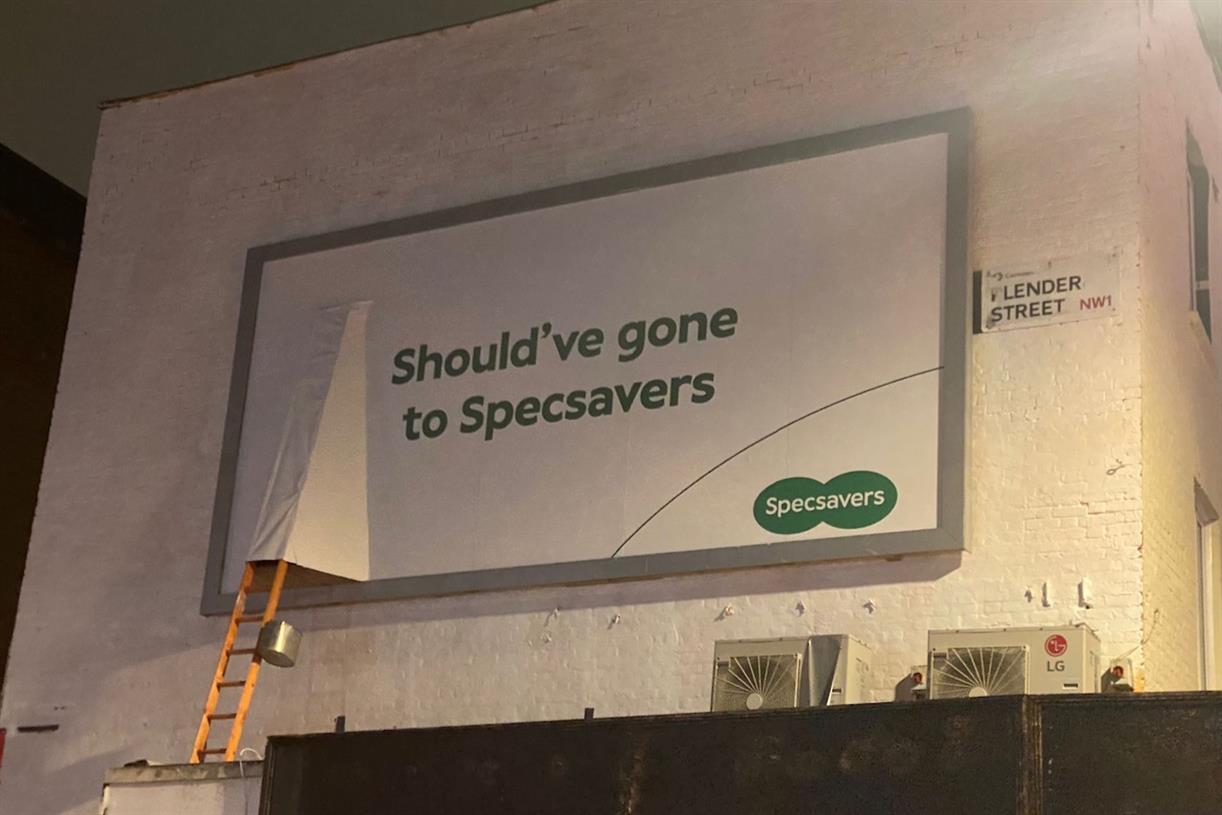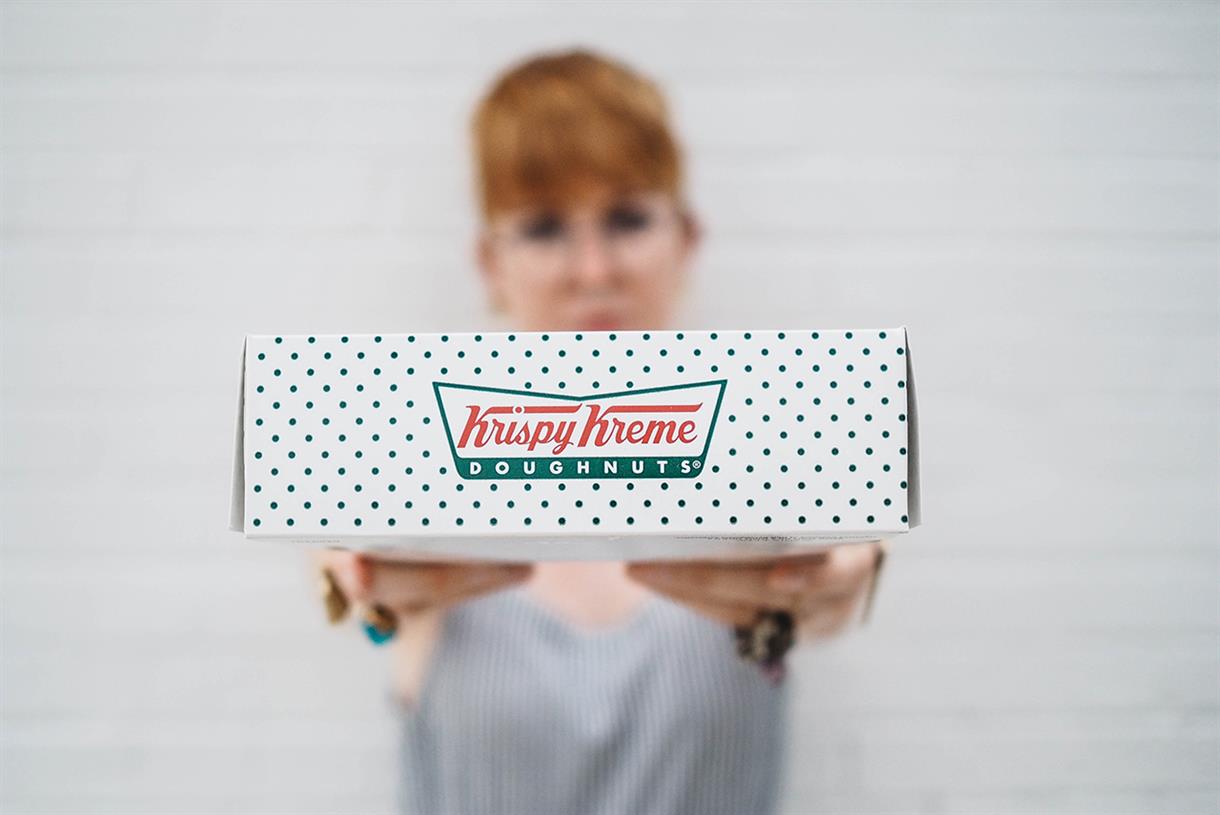How Marketers are Navigating Q4: Traffic, Lead & Email Data from 150K+ Brands
If you're a marketer, it's likely been a very – odd – Q4!

If you're a marketer, it's likely been a very – odd – Q4! On top of racing to the finish with end-of-year reports, campaigns, and project memos, you're also in the thick of annual planning for the new year. And, to add one more complicated layer to the mix, many marketing teams are waiting in the balance to see how our uncertain economy and the continuance of unprecedented global events will impact their work. While we don't have a crystal ball, our final analytics report of the year aims to give you an insightful glimpse of how industries are performing in Q4, and help you make the most informed decisions for your brand as 2023 begins. Without further adieu, let's dive in. About this Data: These insights are based on data aggregated from 158,000+ HubSpot customers globally between November 2021 and November 2022. Because the data is aggregated from HubSpot customers’ businesses, please keep in mind that the performance of individual businesses, including HubSpot’s, might differ based on their markets, customer base, industry, geography, stage, and/or other factors. With seasonality – which we began to see in our last recap – in full swing, industries linking to retail, travel, and leisure are seeing unsurprising month-to-month upticks in conversions, leads, and even traffic. Meanwhile, industries like construction – which are often less active during the end of the year and in uncertain financial times – are seeing some MoM and YoY decreases. Overall, year-over-year leads and conversions are trending up, which could be a positive sign for marketers who want to show that their work does impact their brand's bottom line. Below, we'll dig into a few specific marketing themes. Compared to October, websites across industries saw a significant traffic decrease in November, with Construction and Financial Activities seeing the greatest dips. Only Leisure and Hospitality saw a significant MoM gain, which makes sense due to holiday-related travel and annual vacation planning on the rise. Luckily, many industries are seeing year-over-year traffic boosts. Manufacturing as well as Trade, Transportation & Utilities (which includes the retail industry) lead the pack with 6.3% and 6.2% increases respectively. The only industry which didn't see a boost was Construction, which saw a slight dip of 2.6%. As we mentioned in previous reports, the construction industry's performance could be due in part to the season as well as current macroeconomic conditions. Month-over-month, website conversions were relatively flat across industries. This can happen due to seasonality. One big exception to the MoM data was Leisure and Hospitality which saw a significant 9.5% increase. Not super surprising during the end-of-year holiday and shopping season. Year-over-year, we saw the biggest conversion increases from Education & Health Services followed by Leisure and Hospitality. In previous posts, we've highlighted that Leisure and Hospitality brands are likely seeing growth due in part to global regions and key travel cities reopening due to fewer COVID-19 restrictions. Industry MoM YoY Sample size All -1.3% +9.2% 127169 Construction -2.5% +2.3% 1177 Education and Health Services +2.0% +17.6 3374 Financial Activities +0.8 +1.7% 3628 Leisure and Hospitality +9.5% +13.4% 972 Manufacturing -0.7% -0.7% 3606 Professional and Business Services -3.0% +10.2% 11,708 Technology, Information and Media +2.2% +3.4% 14,208 Trade, Transportation and Utilities +3.69% -2.8 3,087 Despite lower or flat traffic and conversions, both YoY and MoM lead trends are actually ticking up across most industries: a positive theme for marketers who are hyper-focused on their business's bottom line. Trade, Transportation & Utilities (which includes the bustling retail industry), and Leisure and Hospitality saw the largest MoM gains. Year over year, Leisure and Hospitality also saw a huge YoY gain along with Education & Health Services. And, as a consistent theme, only Construction saw annual and monthly decreases. While most email marketers expect to see email engagement drop as the holidays begin in November, there was only a 1.3% open rate decrease, despite a large 13% increase in sends (likely due to end-of-year campaigns and last-minute pushes to hit numbers). Additionally, more subscribers were likely opening and potentially engaging with emails this month as all industries saw a 10.3% open increase. Despite positive movements in November, marketing email is still dealing with some long-term challenges as opens and open rates have decreased by 14.5% and 10.1% respectively – even with more companies embracing a slightly more modest number of email sends. Metric MoM YoY Sample size Email sends +13.9% -3.9% 144,733 Email opens +10.3% -14.5% 144,733 Email open rate -1.3% -10.1% 144,796 While these November numbers show some industries working their way back from slower growth in 2022 – and a few still continuing to keep up numbers in seasonality and current macro-economic times – it's important for marketers to look at all possible data when planning out their strategies for January and the new year ahead. That's why, on top of reports like these, it's important to look at: To keep you informed as you kick your new marketing plans off next year, we'll be launching a series of posts across the HubSpot Blogs in January to give you an overall look at how businesses performed throughout 2022, as well as insights on how business heads, marketers, sales teams, and other departments can adapt in 2023. Stay tuned! In the meantime, read through our previous reports below: Or, download our free State of Marketing Report below to dive deeper into what marketers focused on this year.
Mid-Q4 Marketing Themes
Overall Themes
Website Performance Continues to See Seasonality
Website Traffic
Website Conversion Rates
Inbound Leads See Positive Movement
Email Opens Hold Steady Despite More Sends
Starting the Year with a Full View

 ValVades
ValVades ![Free State of Marketing Report [Updated for 2022]](https://no-cache.hubspot.com/cta/default/53/b0f73a5e-16e4-41fd-9511-8564efc560a7.png)

































